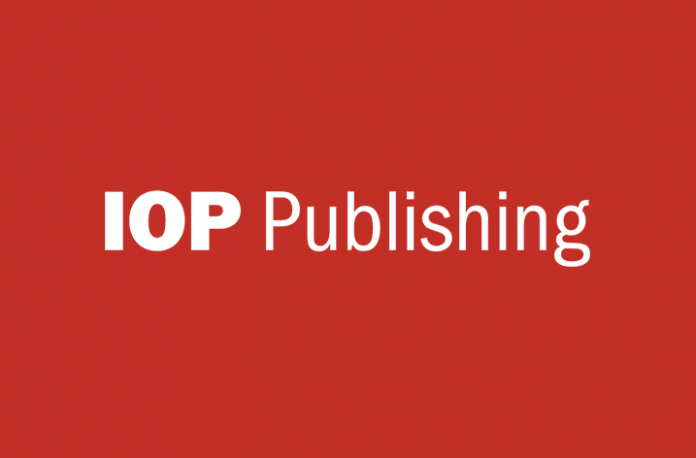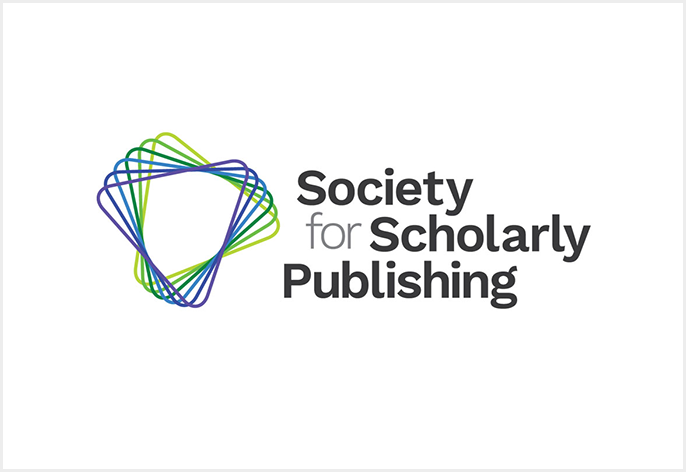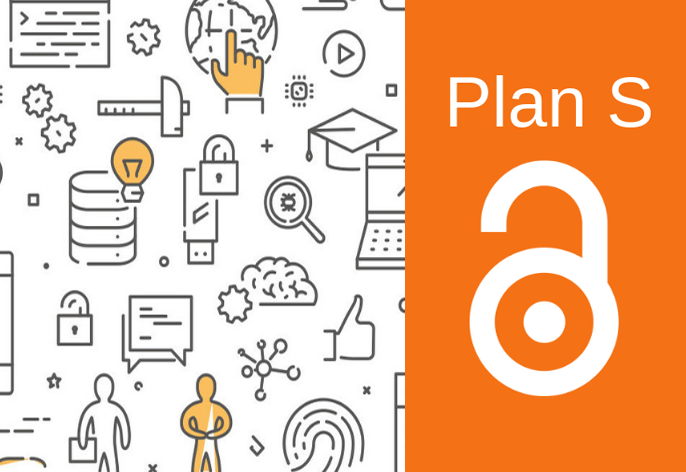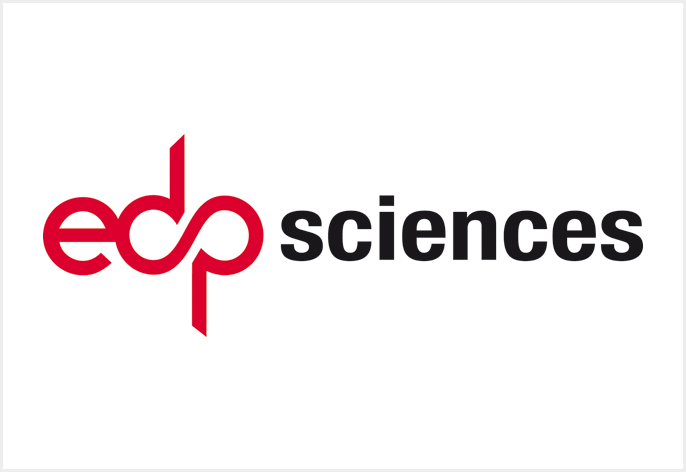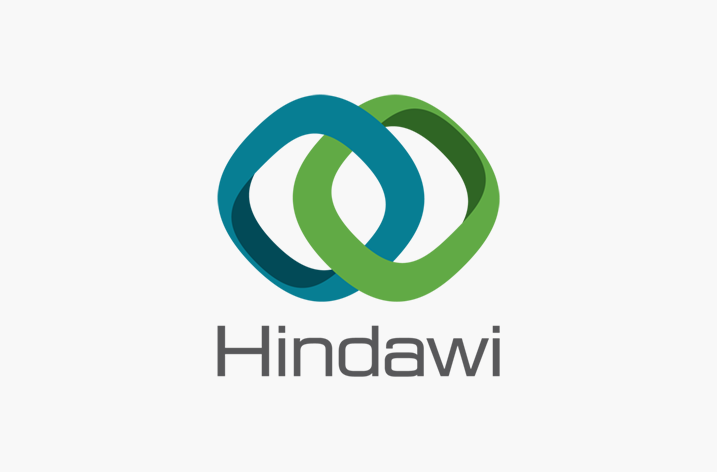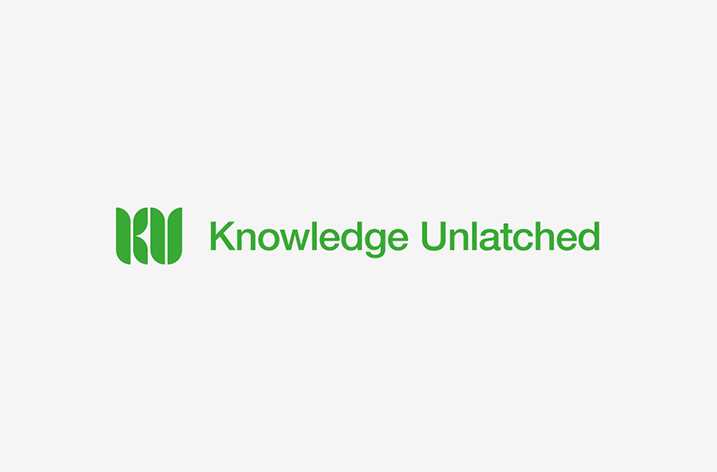ResearchGate and IOP Publishing (IOPP) today announced that 4,750 full-text articles from selected IOPP open access (OA) and hybrid journals can now be accessed on the ResearchGate platform.
This marks the successful completion of the first phase of the partnership agreement between ResearchGate and IOPP, which set out to make content from OA journals Environmental Research Letters, Materials Research Express, and New Journal of Physics, as well as from hybrid journals Biomedical Materials, Classical Quantum Gravity, Physica Scripta, and J Phys B, available on the professional network for researchers.
The partnership aims to improve the discovery process for researchers and expand access to groundbreaking research in fields including physics, materials science, and environmental science.
Over the coming weeks, an additional 36,000 OA and subscription articles previously published across the seven titles will also be added.
IOPP is the fifth publisher — and the first physics society publisher — to enter into a content syndication partnership with ResearchGate. They join Springer Nature, Wiley, Rockefeller University Press, and Hindawi in syndicating peer-reviewed scholarly content on ResearchGate’s platform.
“We’re thrilled to work with IOPP on our shared goal of increasing the accessibility and visibility of academic content. In recent years, we’ve seen a significant shift towards openness in academic publishing. We welcome this for the benefits it offers to the scientific community and to society,” says Sören Hofmayer, co-founder and Chief Strategy Officer of ResearchGate.
Stephen Flockton, content architect at IOP Publishing says: “We’re always looking for new ways to increase the visibility and impact of the work we publish and have been impressed with the interconnected, interactive digital environment that ResearchGate has created. The partnership supports our mission to expand the world of physics, giving researchers the opportunity to access content easily on a platform they already use.”

























